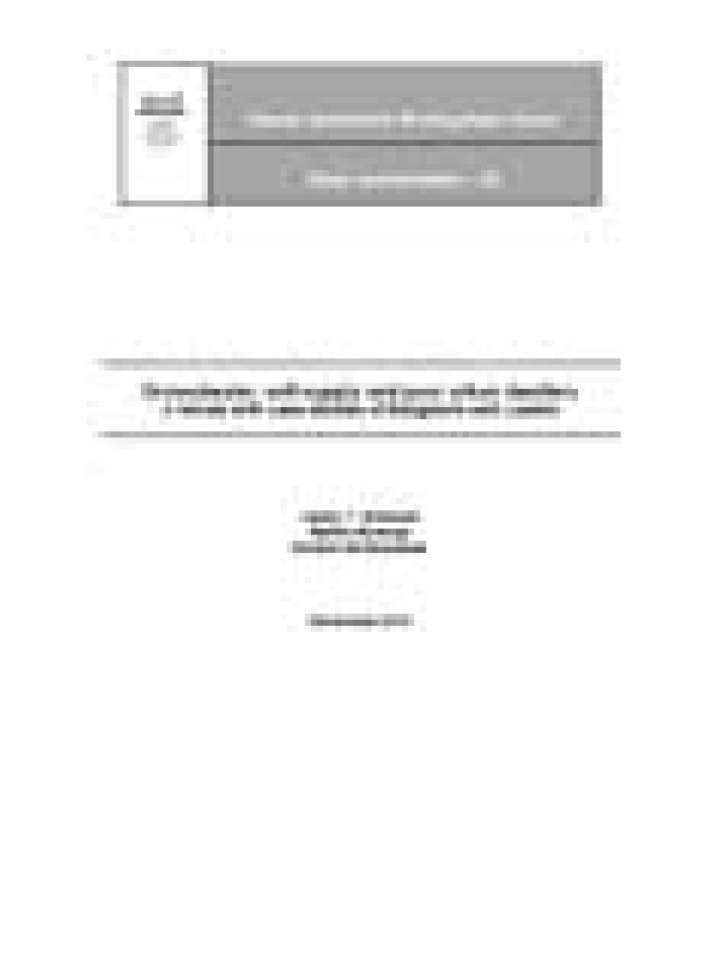Groundwater, self-supply and poor urban dwellers: a review with case studies of Bangalore and Lusaka
Human settlements working paper series, water and sanitation - 26:
This paper is concerned primarily with the urban self-supply of water and the direct use of local wells by low-income households, especially in slums prone to fire, floods and landslides, and where inhabitants are disproportionately exposed to diseases such as diarrhoea partly due to the notorious lack of water and sanitation services. It shows how lack of awareness of the importance of groundwater to poor urban dwellers obstructs a holistic view for planning and safeguarding groundwater resources in the short as well as the long term and raises the importance of improving drainage possibilities in order to avoid floods during the rainy season.
The paper is based on a review of literature, substantiated by two case studies of Bangalore, India, and Lusaka, Zambia, and discussions with experts. Its overall objectives are: (i) to explore the extent to which urban dwellers, and especially those living in low-income areas, depend directly and indirectly on groundwater; (ii) to explore the difficulties they face as a result; (iii) to raise awareness of and emphasise the need for better integration of groundwater in the planning and management of urban water resources.
Explore further
